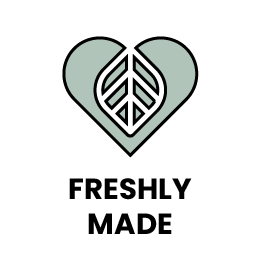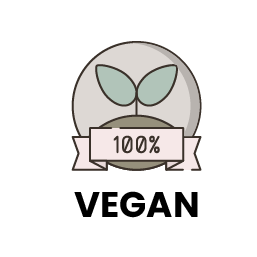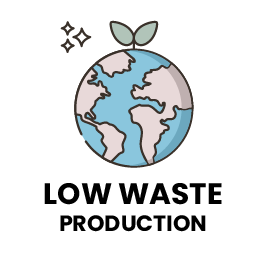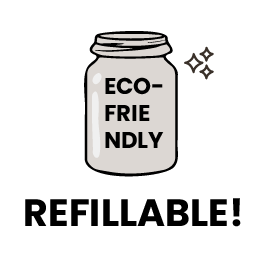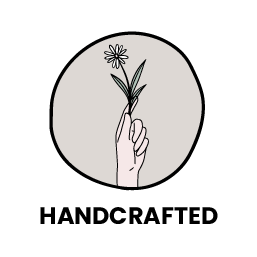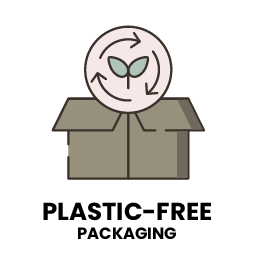Rethinking Menstrual Hygiene
"Change to Green estimates that more than 45 billion tampons and sanitary pads are used every year, resulting in 3.2 million kg of waste. It takes 500 years for a regular tampon or other conventional hygiene products to decompose as they are largely made of plastic.
According to Change to Green, even the average “100% cotton” product that many of us believe to be pure fabric, in fact contains only 73% of cotton. “The remaining 27% consists of chemicals, resins and binders used in farming and manufacturing”.
It may be time to rethink your menstrual hygiene routine... 🧐
The conventional sanitary product could have a variety of potentially harmful chemicals, including dioxins, pesticides, bleach and fragrances that may negatively impact our health. Unfortunately, the menstrual hygiene market, providing solutions for the intimate parts of our bodies, is full of these. 😰 Although today's bleaching methods for sanitary products are an improvement from those of the past, harmful compounds and infamous environmental pollutants can still show up in the final product. What really sucks is that none of these chemicals have to be mentioned on the product labels, leaving us unaware of their presence and potential health threat. Conventional sanitary pads are made of up to 90% crude oil plastic, which has been associated with plasticizing chemicals like BPA, BPS, and other petrochemical additives. These have been known to be endocrine-disrupting substances linked to terrible conditions such as heart diseases, hormonal imbalances, and sometimes worse. 🚫
In addition to the possibility of adverse health effects, the disposal of these conventional hygiene products has a severe impact on the environment. If these toxins are leaching into waterways and soil, this affects things like soil fertility, water pollution, and so on. A big no-no in our books. 🙅
Luckily there are some great companies and products out there that are offering healthier, more cost-effective, and more sustainable options. Consider using reusable menstrual products made of natural, organic fibers such as reusable pads and underwear; or alternatives such as cups, disks, sponges, and multi-use tampon applicators. If reusable period products aren't your cup of tea, at least look for single-use products made of organic, non-toxic materials with easily disposable/recyclable components such as paper and cardboard.♻️
Check out some of the options we carry here:
If you're a person with a period, taking a second glance at your menstrual hygiene can make a significant change for both yourself and the world around you. Are you comfortable knowing that every menstrual product you've ever used could still be out there?

